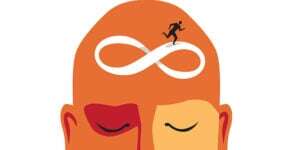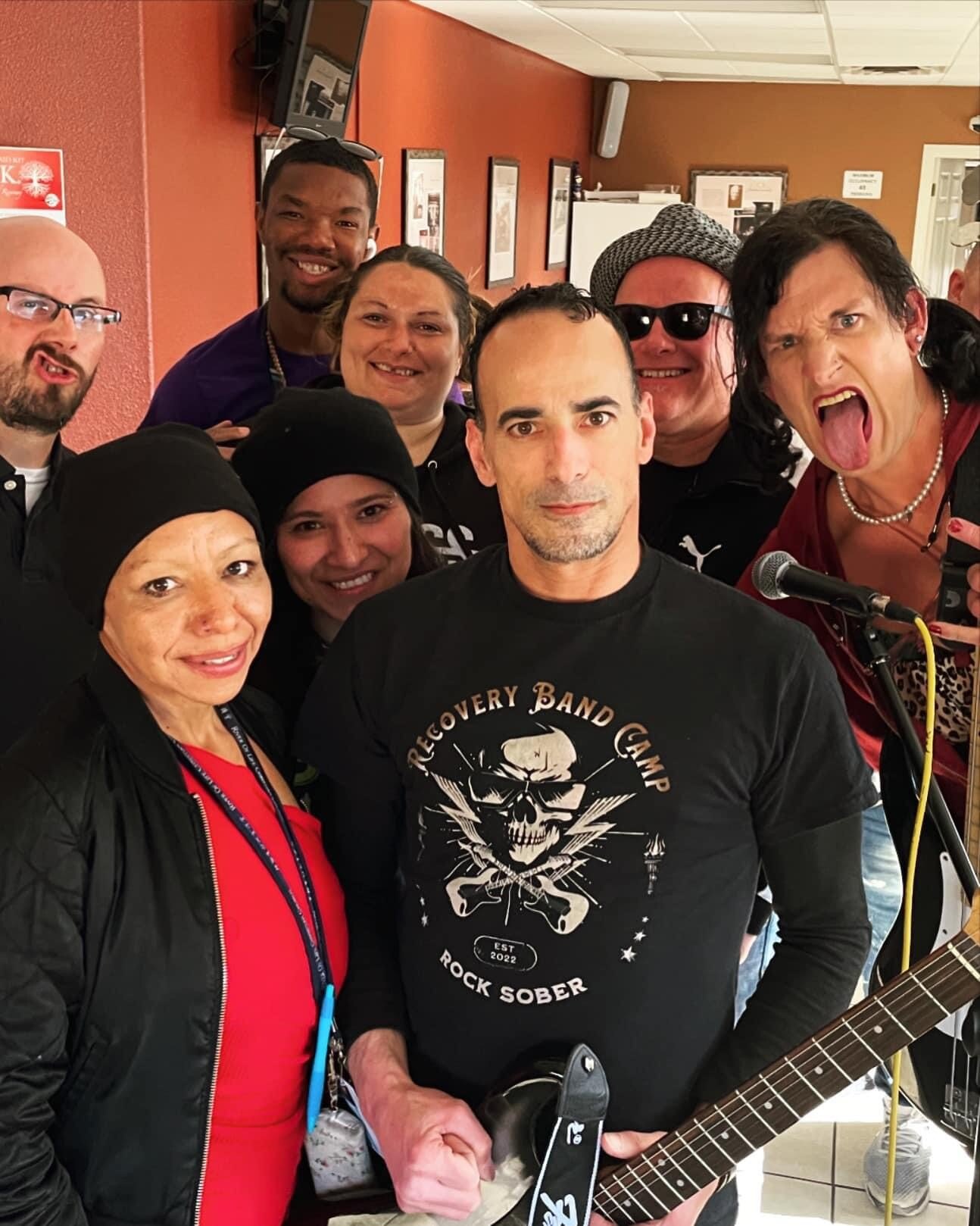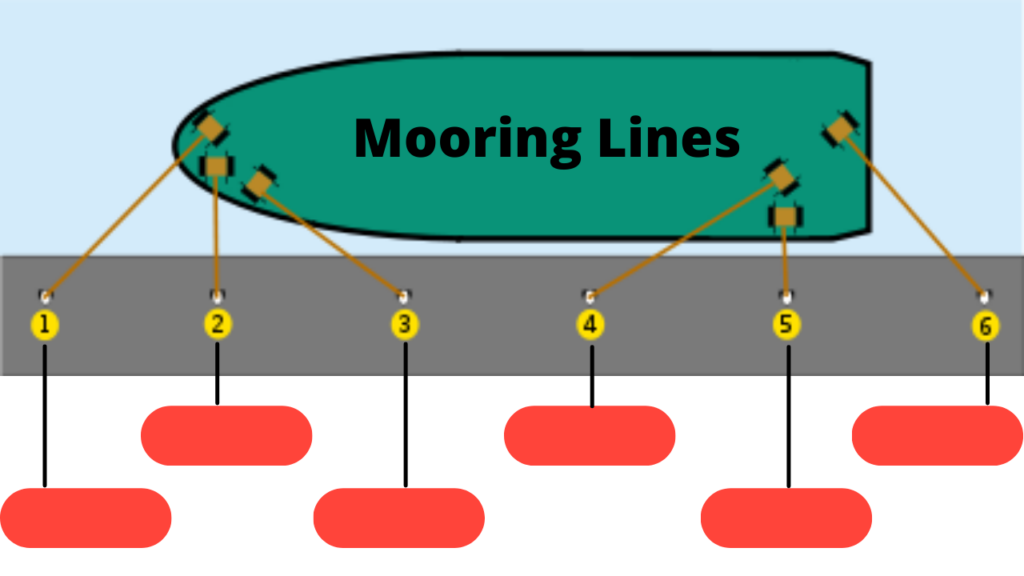[Guest Blog Post by Amit, a SMART Facilitator in NYC]
Until recently, I had settled into a comfortable rhythm as a SMART Recovery peer facilitator. I started by hosting my own online meeting, later co-hosted another, and these days I step in for an in-person group whenever the regular facilitator needs a break. I love that rotating role, meeting new faces, borrowing fresh ideas, and reminding newcomers that facilitators are simply peers who volunteer to keep the circle moving.
Then a lapse blindsided me. One night of drinking, brief yet serious enough to make me feel I had crashed back to square one, unleashed a flood of shame. The next morning, before I even got out of bed, my inner critic delivered its verdict. “After that slip, no one will take you seriously as a facilitator. In fact, you have no right to be one.”
For a moment, I believed it.
Understanding the Detour
One SMART principle snapped me out of that spiral, the difference between a lapse, which is a short return to old behavior, and a relapse, which is a longer slide back. Labeling what happened accurately did not excuse it, but it stopped me from down that familiar hallway of “All or Nothing” thinking, e.g. “I’ve slipped up anyways, may as just continue drinking for the rest of the day.”
I reached for the same tools I offer others. First came a handwritten cost-benefit analysis. I listed the supposed “benefits” of drinking, numb anxiety and false confidence, next to the real “costs” such as wrecked sleep, frayed trust, organ damage, and that hollow twist of disappointment the next day. A cost-benefit analysis never fails to strip away the glamour of a maladaptive behavior.
Next, I dusted off my ABC skills. The belief that I was now a fraud did not hold up against evidence. Months of showing up sober, sharing strategies, and learning from fellow members had not evaporated overnight.
Most importantly, I leaned in instead of retreating. I logged in to a SMART-focused social media community where many of us check in between meetings, and I attended online sessions, not as a facilitator, but as a participant. Saying, “I slipped and I need help,” felt vulnerable yet the nods of understanding that came back across webcams reminded me why peer support works. No one asked me to defend myself or pulled out a book of punishments. They simply listened and shared their own wins and stumbles until my shoulders loosened, and the shame began to melt.
Returning to Fundamentals
The episode made one thing painfully clear, I had begun to take sobriety for granted. My new commitment is deliberately unglamorous, back to basics (in the best sense). Each morning and night I pause for a quick internal inventory, asking myself, How am I feeling? What is bothering me? Do I need to get some support? I keep a weekly SMART meeting on my calendar no matter what, attending first and foremost as someone in recovery. If I am asked to step in as facilitator, that is a bonus, not a badge of worth.
Between meetings, the peer-run social media channel is my safety net. A quick “Hey, I am struggling today” can spark a flurry of encouragement within minutes. I have also given myself permission to schedule intentionally unproductive, restorative time. I take walks without destinations, play guitar chords that go nowhere, and listen to songs of genres I usually don’t listen to, by artists I’ve never heard of. The feeling of “not doing enough” and the exhaustion that follows was the open door my lapse walked through. To keep blind spots small, I book regular therapy sessions, even when life feels smooth, because preventive maintenance is cheaper than a major repair.
An Invitation to Fellow Facilitators
If you have slipped too, I hope my story reassures you that a stumble can be part of the recovery process and nothing to be ashamed of. Facilitators are not experts perched above the group, they are trained peers who set up chairs (or Zoom rooms), read the script, and model the same ongoing work as everyone else. Handled openly, a lapse can deepen trust rather than destroy it. Participants do not need idols, they need proof that the tools work for real, imperfect people.
I am grateful SMART’s philosophy leaves room for course corrections. I am grateful for friends who support me, for meetings that welcome me with open arms, and even for the sting of shame that reminded me never to take recovery for granted. Most of all, I am grateful that progress is measured not by never falling down, but by how we rise, dust ourselves off, and walk on together.
To find and in-person or online meeting go to the “Meetings” tab at www.smartrecovery.org




